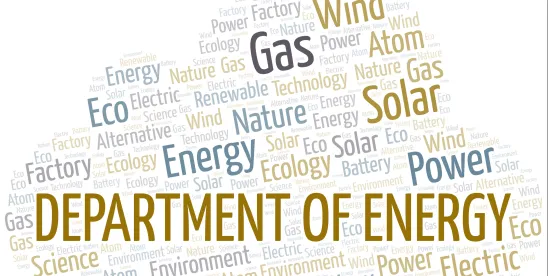On May 15, 2025, the Secretary of the Department of Energy (DOE), Chris Wright, issued a memo entitled “Secretarial Policy on Ensuring Responsibility for Financial Assistance” in which Secretary Wright announced DOE’s intent to “conduct focused reviews of awards and other forms of financial assistance” in furtherance of its duty to identify and avoid “fraud, waste and abuse.”
DOE states that it will utilize its audit rights to review selected awards to evaluate whether “the individual projects are, among other things, financially sound and economically viable, aligned with national and economic security interests, and consistent with Federal law and this Administration’s policies and priorities and program goals and priorities (Standards).” DOE further indicated that “in its discretion” it may take action if it concludes that an individual project does not meet Standards. DOE has indicated that it has already started evaluating 179 awards that total over $15 billion in financial assistance, and there could certainly be more awards identified for evaluation in the future.
While it remains to be seen how this announced initiative plays out in practice, the initiative has the potential to open several new litigation fronts. There is limited case law addressing the government’s right to terminate a federal grant under 2 C.F.R. § 200.340, and recent cases suggest that its rights are narrower than the government’s rights to terminate contracts for the convenience of the government, and even more limited judicial precedent addressing potential monetary remedies for wrongful termination of federal awards. Additionally, the scope of the government’s audit rights and what constitutes timely cooperation is not completely settled. Finally, the current administration has stated its intent to use the False Claims Act to enforce a number of policies and DOE’s assertion that it is seeking to identify fraud, waste and abuse suggests it could aggressively pursue civil enforcement actions.
Given that federal awardees could face increased audit scrutiny, current DOE recipients and subrecipients should consider taking action now to prepare, including:
- ensuring that their internal controls required under 2 C.F.R. § 200.303 are in place and functioning correctly;
- instituting procedures for responding to requests for information, including procedures for reviewing requests and responses; and
- ensuring that they are following the record retention requirements called for in 2 C.F.R. § 300.334.
To navigate this evolving landscape, DOE awardees and subrecipients should proactively assess their compliance posture.




 />i
/>i
